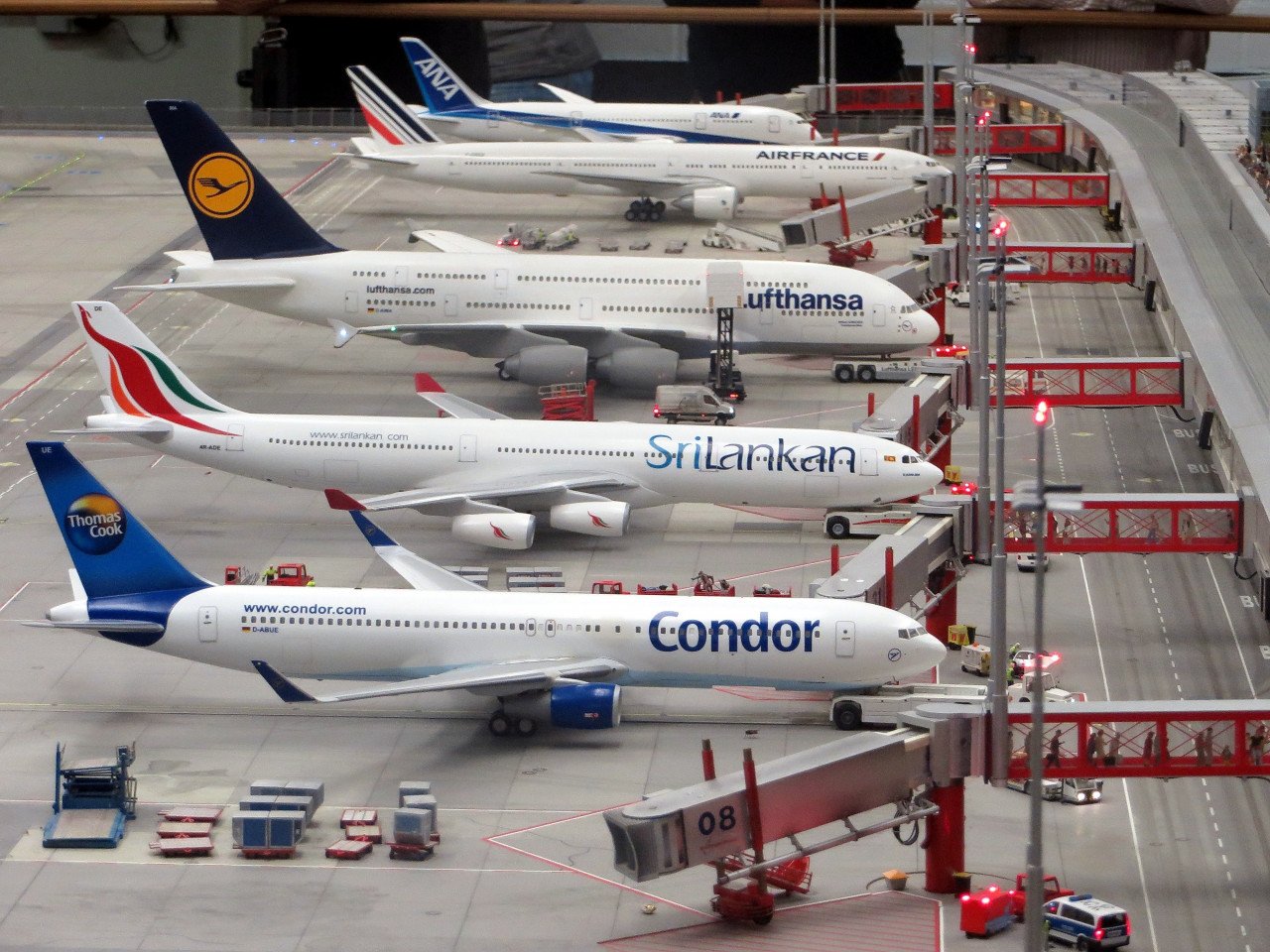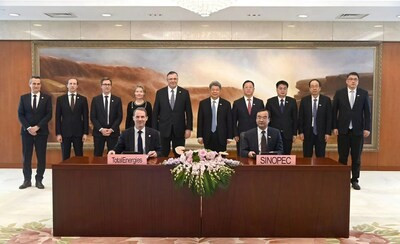Sinopec, TotalEnergies sign deal to produce SAF using Sinopec's waste oils
China Petroleum & Chemical Corporation (Sinopec) announced the company had signed an agreement with France's TotalEnergies to jointly produce sustainable aviation fuel (SAF) in China using waste oils at one of Sinopec's refineries.
The companies are looking to achieve an annual production capacity of 230,000 tonnes of SAF, with the production line co-operated by both partners.
Sinopec has been advancing development of an SAF dubbed "bio-jet fuel". The company developed its bio-jet fuel production technology in 2009, with successful trial flights in April 2013. Commercial flights between Shanghai and Beijing were conducted in 2015, while a transoceanic flight occurred in 2017 between Beijing and Chicago.
Bio-jet fuel, categorized under SAFs produced from renewable resources, offers up to 50 percent reduction in CO2 emissions throughout its lifecycle, compared with conventional jet fuels. China inaugurated its first industrial-scale bio-jet fuel facility in May 2022, receiving airworthiness certificates for domestically produced large-scale bio-jet fuels in September.
Patrick Pouyanné, Chairman and CEO of TotalEnergies, said in a statement: "This project is central to TotalEnergies' transformation strategy aimed at supporting the aviation sector's carbon footprint reduction efforts. The company has set an ambitious target to produce 1.5 million tonnes of SAF annually by 2030."
Ma Yongsheng, Chairman of Sinopec, noted: "With the integration of Sinopec's specialized bio-jet fuel technology (SRJET) and our dedication to improving our assets' quality and efficiency, along with TotalEnergies' leading role in Europe's SAF production, we are well-equipped to supply superior green and low-carbon solutions around the globe."














